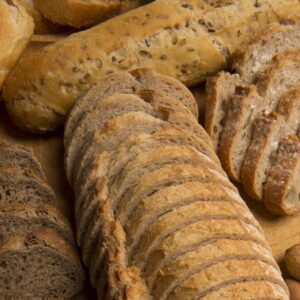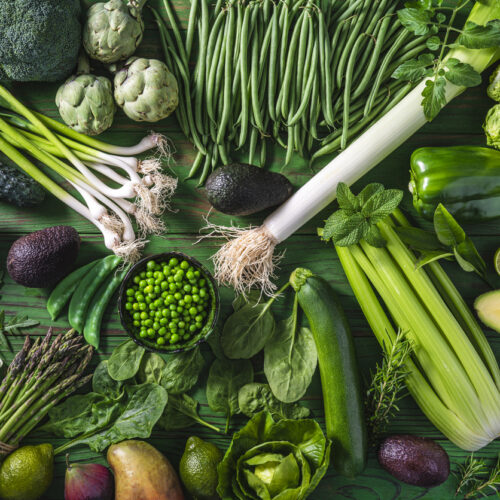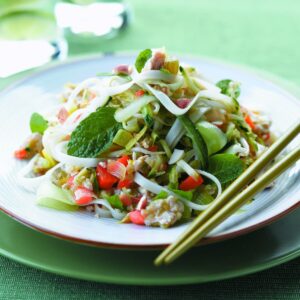
Undoubtedly our bodies need it, but how much do we really need and what does it do for our bodies?
What is protein?
Proteins are made up of 20 amino acids. Nine of these amino acids are called 'indispensable' as we must get them from our diet, whereas the body can manufacture the others if they're not consumed as part of the diet.
The role of protein
Protein has a number of key roles in our bodies: it enables the growth and repair of body tissues; forms muscles, skin and hair; maintains fluid balance; and enables cell-to-cell communication, among many other things.
Your average 76kg man is made up of about 12kg of protein; the largest part of that, about 6kg, will be skeletal muscle while blood and skin together contain about 1.8kg.
Protein and health
Protein plays a role in controlling appetite and making you feel full after eating, so including foods containing protein at each meal can be helpful for people who want to maintain or reduce their weight.
Simply including small amounts of protein at each meal and choosing a variety of protein-rich foods throughout the week will help ensure you get all the nutritional benefits these foods have to offer.
Protein in foods
Protein is found in both animal and plant-derived foods. Protein quality is determined by the amount and type of amino acids present in foods and how this compares to the proportions of specific amino acids that we need.
The best quality, single food sources of protein are animal foods, because they provide us with all the amino acids we need in the right balance.
Both plant-based protein foods and animal-based protein foods contain other essential nutrients.
Animal-based foods
- Fish: provides omega-3 fatty acids and B vitamins such as B6, B12, riboflavin and folate.
- Lean red meat: provides iron, zinc, vitamin B12 and magnesium as well as monounsaturated fats. For meat eaters, it's recommended that we have red meat 3-4 times a week to help get our iron, zinc and B12 requirements.
- Chicken and turkey: provide vitamin B12 and some iron and zinc.
- Eggs: contain healthy monounsaturated fats, the antioxidants lutein and zeaxanthin, as well as a range of vitamins and minerals including B12, folate, vitamin A, iron, iodine and selenium.
- Milk, cheese and yoghurt: provide calcium, riboflavin, vitamin B12 and phosphorus.
Plant-based foods
The proteins found in individual plant foods are often referred to as being 'incomplete' as they lack one or more of the indispensable amino acids that the body can't produce.
Soy protein, which contains all of the indispensable amino acids, is an exception so it's particularly good to include foods that contain soy protein in a vegetarian diet. Another less well-known complete protein is quinoa, a seed that is used like a grain and is becoming more available in New Zealand.
Plant-based foods that are a good source of protein also provide the body with other essential nutrients.
- Legumes and pulses: high in soluble fibre and contain iron, B vitamins, magnesium, phosphorus and zinc. Soy beans are also rich in isoflavones. Legumes and pulses include dried beans, peas and lentils.
- Nuts: rich in the fat-soluble vitamin E, an antioxidant, and provide useful amounts of zinc and magnesium. Walnuts contain omega-3 fats while Brazil nuts are particularly high in the antioxidant selenium.
- Tofu: contains iron and calcium.
www.healthyfood.com










